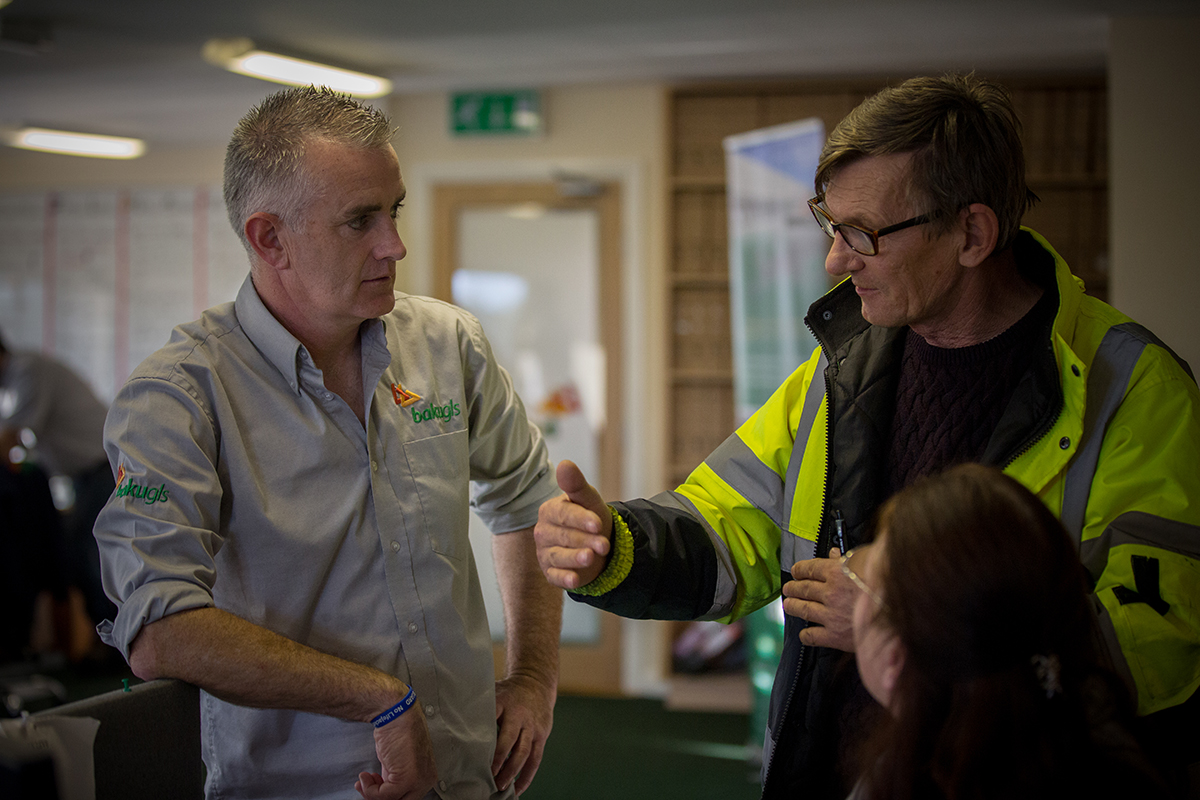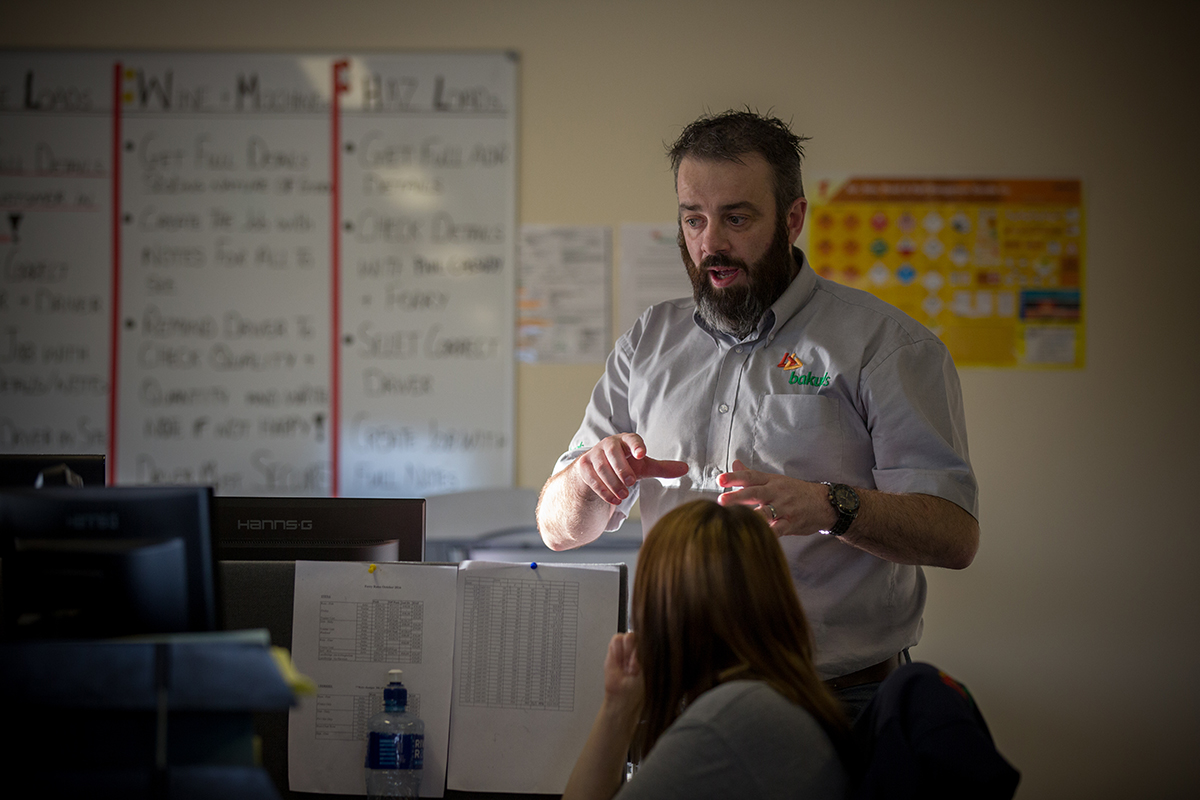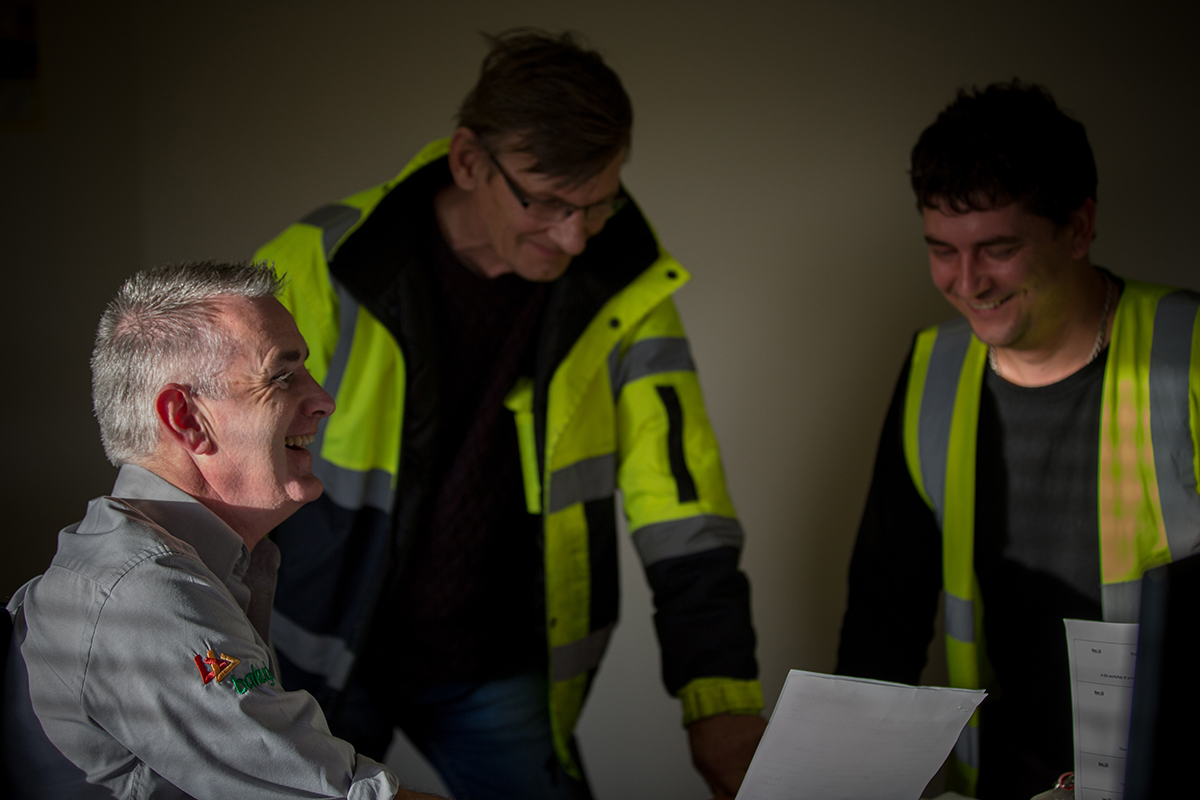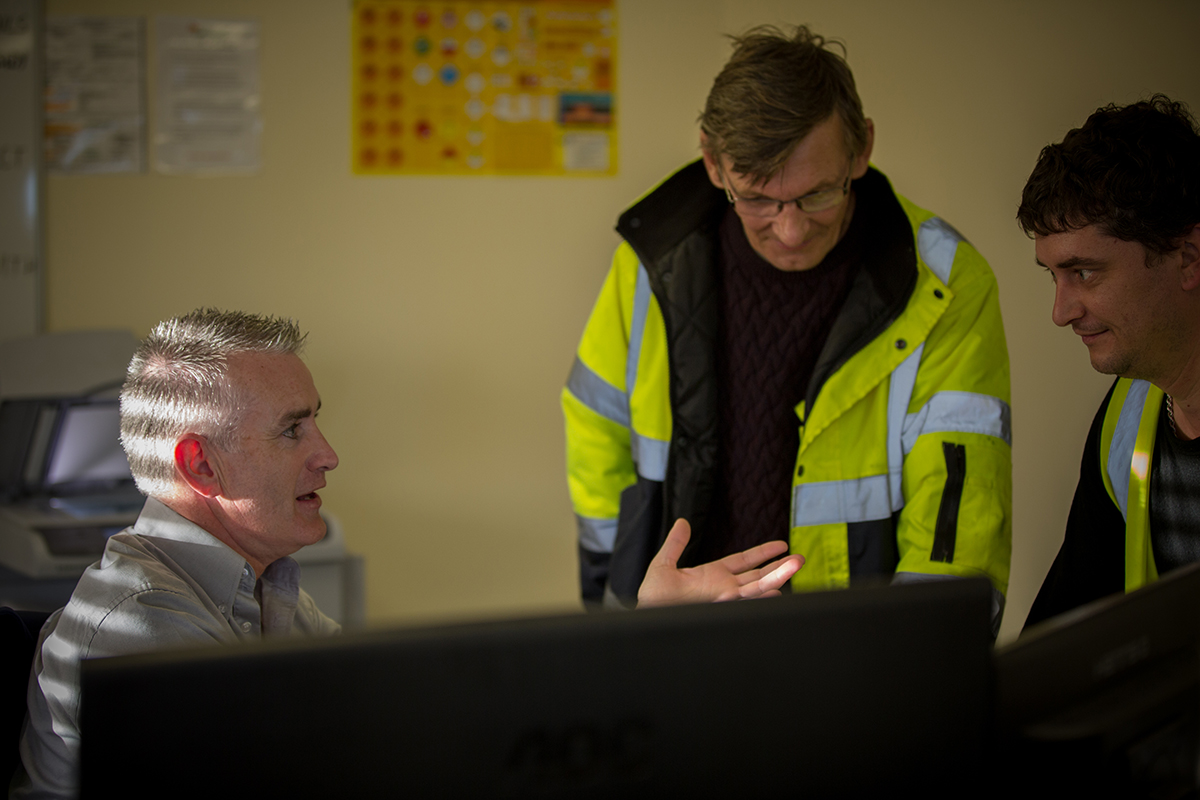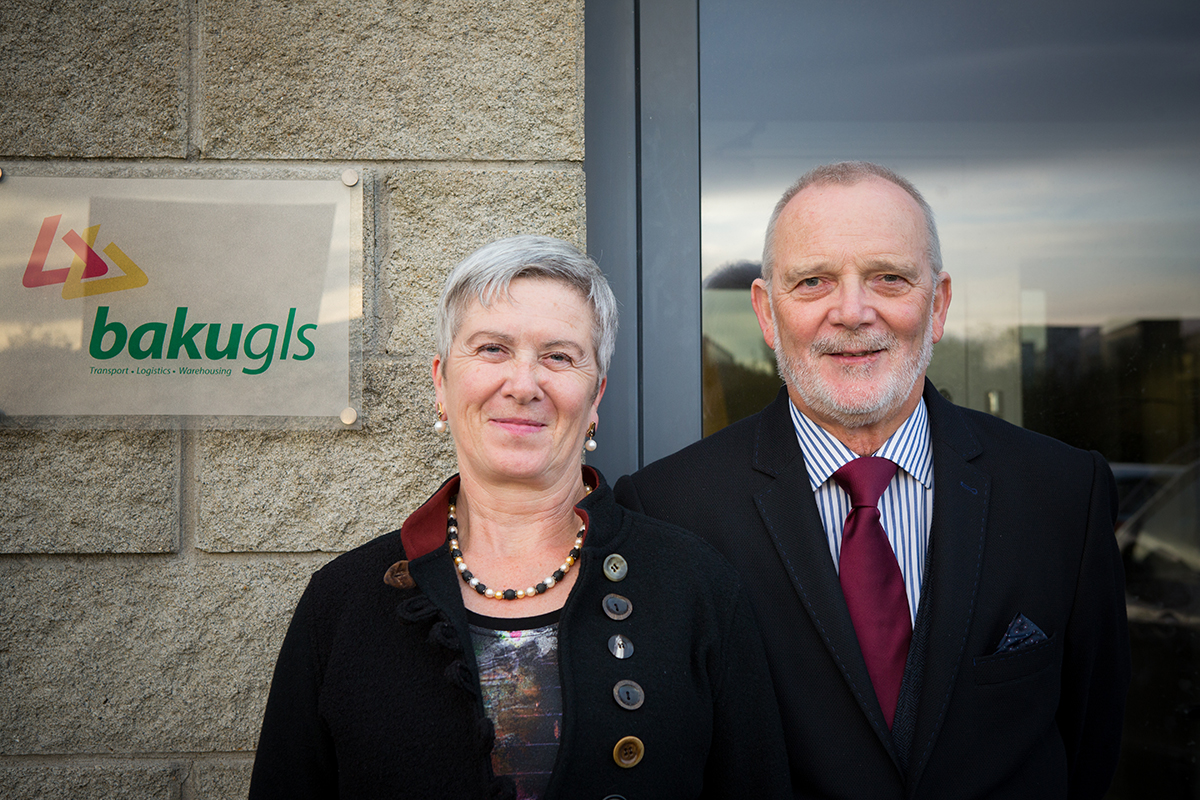
The ballot papers have been counted, and it’s official: the UK’s Conservative party won by a landslide. As of this morning, the UK’s departure from the EU on 31st January is practically certain.
What do these election results mean for those of us in the Irish Transport industry, what happens next, and what should we expect the UK border to look like in 2020 and beyond? Find out more on this week’s article.
Brexit Day will be 31st January 2020
We can now say with a high degree of certainty that Brexit Day will be 31st January 2020. There will be no further extensions. The EU and the UK have been trapped in Brexit limbo for the past three years, mainly because Westminster was unable to decide on what kind of Brexit – if any – it wanted. With yesterday’s election results, that indecision effectively vanished overnight. The pro-Brexit Conservative party won 364 out of 650 seats – a working majority of almost 40 MPs – and they will be keen to deliver on their manifesto promise of a 31st January departure.
Business as usual on 1st February 2020
We expect the UK to ratify the latest EU Withdrawal Deal before Christmas. If they do this, then Brexit Day will be immediately followed by a Transition Period, which will last for at least 11 months. Trade talks between the EU27 and the UK will start immediately after Brexit, but in the meantime, there should be no change to the way goods, services and people can move across the EU/UK border. For all intents and purposes, EU rules will continue to apply to the UK in 2020.
No hard border between north and south
A key promise in the latest Withdrawal Deal is that there will be no hard border on the island of Ireland and that the Common Travel Area will be protected. This arrangement would fall broadly in line with the NI/ROI border plans announced last October, and would help everyone involved in Ireland’s supply chain to plan effectively for the future. We would still have some customs paperwork to deal with electronically, but the risk of border delays between Northern Ireland and the Republic of Ireland would be negligible.
A fresh chance to move on from Brexit
The past 3 years of Brexit inertia have been costly and corrosive, not just for the Irish transport sector but for Europe as a whole, so it’s good to see a decisive election result that will end the parliamentary paralysis in Westminster. We now, at least, have a firm idea of the geopolitical environment we’ll be operating in next year, and the end of the Brexit tunnel may — at long last — be in sight.
Brexit is by no means over, however; precise details still need to be worked out and agreed upon. From 31st January 2020, our governments will start to negotiate individual trade agreements, tariffs and customs procedures, all within a very tight 11 month timeline. These complex negotiations will have a direct impact on Ireland’s supply chain, so we can expect to hear more Brexit-related news throughout 2020 and possibly 2021.
Baku GLS are ready for 2020
Brexit is far from ideal for us, but we have been preparing for years now and we’re ready for what comes next. Our AEO accreditation, Temporary Storage Facility status and in-house customs training means that we’re perfectly placed to handle any new challenges that Brexit might throw at us. Our capacity is increasing, too; we’re growing the fleet in response to increased customer demand. The start of 2020 marks our twentieth anniversary and we’re in great shape. In short, you can count on Baku to continue to deliver excellence – first time, every time.



